Are We Over Origin Stories?
By Dan Brown
SPOILER WARNING! This column contains plot points from the movies Fantastic Four: First Steps and Superman, both currently in theatres, so if you haven’t seen them yet and you value surprise, stop reading here.
Is this a trend in the making?
If you’ve seen this summer’s big superhero movies – I’m thinking of The Fantastic Four: First Steps and Superman specifically – you may have noticed something essential was missing from both motion pictures.
The secret origin.
Traditionally a staple of superhero movies, and the comics that spawned them, most DC and Marvel comic series have a common starting point.
They explain up front, to satisfy the audience’s craving for continuity, how the hero came to possess their unusual abilities. How they go from mere mortal to crime-fighting powerhouse.
So up until now, the launching-off point for these stories was the origin.
In the 1978 Superman film, for example, a significant portion of the first hour is given over to showing life on Krypton before it exploded, including details about Kryptonian politics that wouldn’t pay off until Superman II. We see the future Clark Kent as he is dispatched from the doomed planet, years before he would don his red-and-blue costume to do battle with the likes of Lex Luthor.
It’s the same with other superhero movies, such as 2002’s Spider-Man. That film, and the reboots that followed, gave viewers a good look at the events that birthed the title character.
This summer’s Superman, however, does not start the same way.
Krypton is never depicted, in fact, the movie jumps ahead to the point on the Superman timeline when Clark is dating Lois, and she already knows his secret identity.
The same goes for First Steps. The story kicks off four years after Reed Richards and his crew of astronauts were bathed in cosmic rays, giving them weird powers. The movie begins not with their origin, but with Sue Richards finding out she’s pregnant with the couple’s son, so it’s Franklin’s origin that’s stressed.
Neither film dwells on the secret-origin part, which is a startling development when you take into account how many filmmakers have felt obliged to put, say, Batman’s secret moment of inception on the silver screen.
Sometimes it feels like Bruce Wayne’s parents will never get out of that alley, and Peter Parker has been bitten by an infinite number of radioactive spiders.
In comics, there’s been much experimentation with this storytelling staple.
Consider that in Action Comics No. 1, the Man of Steel’s origin was related in one page. Then compare that to the 1987 Batman: Year One storyline, which explained the Dark Knight’s beginnings over four issues.
The makers of Captain Canuck waited until issue No. 5 to reveal to fans how Tom Evans had been zapped by an alien ray, doubling his strength.
At their root, secret origins satisfy the reader’s need for continuity by explaining what happened before the first issue and answering the question, “Why does Batman hate criminals so much that he wages an unending war on them?” to name one example.
Marvel impresario Stan Lee, perhaps weary after having to come up with so many origin stories in the 1960s, invented a whole class of characters – mutants – who had no origin story. X-Men like Cyclops, Marvel Girl, and Iceman were all born that way.
The telling part is while some movie reviewers noticed what was missing from First Steps and Superman, none have complained that the omission made either of these films worse. Judging by online comments, ordinary fans don’t seem to mind, either.
Have we reached some kind of watershed moment in the history of the superhero genre?
Has fandom gotten over origin stories? The critical consensus seems to be that, after a period of lacklustre DC and Marvel films, this summer’s superhero offerings have reversed the downward trend in quality.
Are moviegoers in 2025 more sophisticated than previous audiences? Are we witnessing the birth of something new?
If you have any theories, I'd love to hear them in the comment box below!
Dan Brown has covered pop culture for more than 32 years as a journalist and also moderates L.A. Mood’s monthly graphic-novel group.


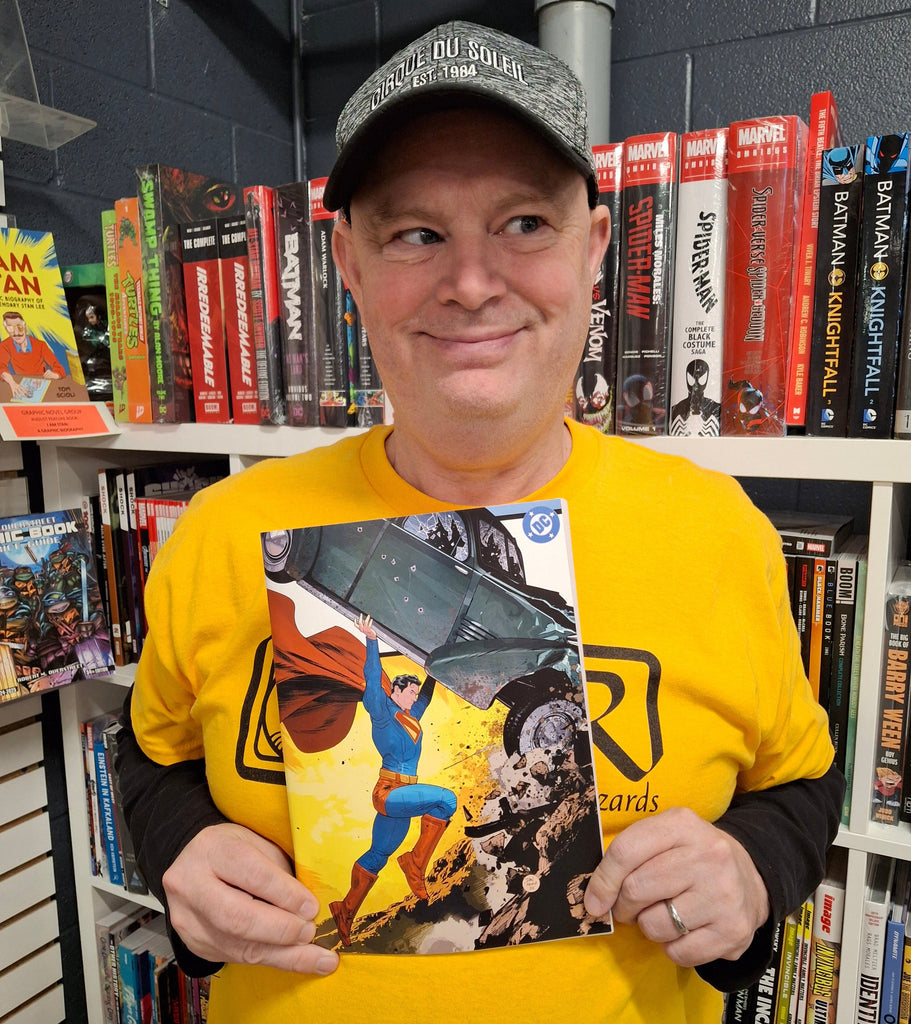
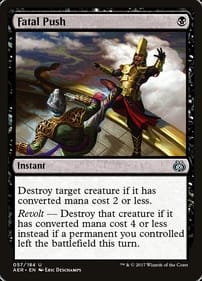
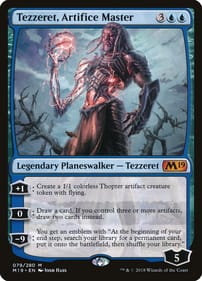
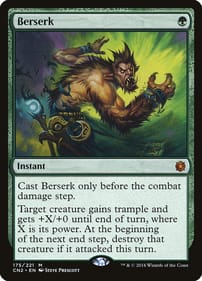
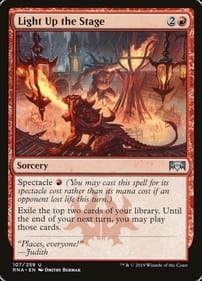
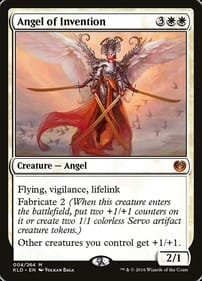
Leave a comment